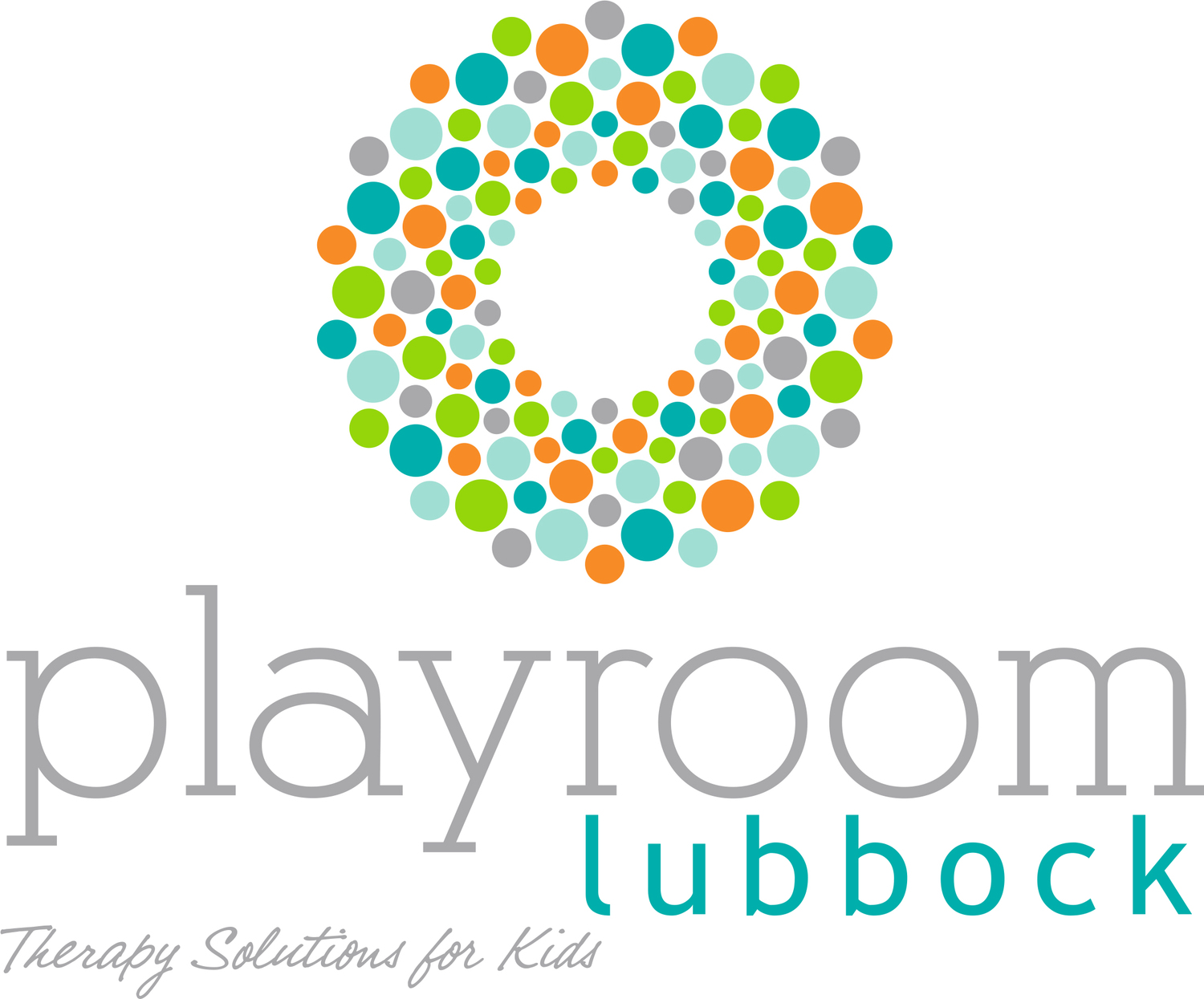At the Playroom Lubbock we offer individual and group counseling to kids and teens. You've probably heard us talk about play therapy (using toys as a safe medium for expression) and sandtray (using toys/figures in the sand), but what is "expressive arts" that we talk about? Quite simply, expressive arts is an opportunity to use the arts to safely express oneself and through the process, learn by doing. It uses the arts as a basis for discovery and change. The arts can include art materials, dramatic play, acting, music, dancing, or other artful movements. The emphasis is on the process rather than the product. No previous art background is needed.
When will expressive arts be used at The Playroom Lubbock?
Kids in individual counseling have the opportunity to spontaneously engage in expressive arts because of the assortment of expressive arts materials and toys available to them in the therapy playrooms. The counselor may also incorporate expressive art activities into group counseling or kids groups.
How does the creative process produce change?
Carl Rogers explains that under certain conditions, a person (child) is free to be creative, to be himself, and be open to a new experience of self awareness and change.
“If offered in a safe, empathic, non-judgmental environment, it is a transformative process for constructive change.”
The counselor 1. accepts the child as having unconditional worth 2. listens with empathy and shows understanding of the child through nonverbals and reflective statements 3. provides a non judgmental climate by not making evaluative or critical statements regarding the child or what the child is doing.
The counselor trusts the process that the child (with the help of a safe therapeutic relationship) will take his/her experiences, perceptions, and potential where and when the child needs. *However, there are boundaries and limit setting which can be explained in an entirely other blog post.
A child's expressive art is an image or metaphor representing a child's perspectives, experiences, desires, fears, and goals. Once a child feels emotionally safe and psychologically free, he is able to blossom. It is through the process of creativity that a child gains awareness, resolve, and ideas to move forward. It is not through a counselor's interpretation or analysis of a child's creative product that brings change.
What is the ultimate goal for counseling?
You may have very specific goals for your child. For example, control his temper, obey the rules, not be so impulsive, not be anxious, play better with others, learn social skills, etc...Play therapy, expressive arts, and sandtray therapy will address all of those. However, the ultimate life goals for kids (and adults) is to 1. adjust, change, and seek new experiences 2. be yourself in the present moment 3. trust yourself to make the right choices and take responsibility for your choices and 4. treat others with positive regard, respect, and love.



